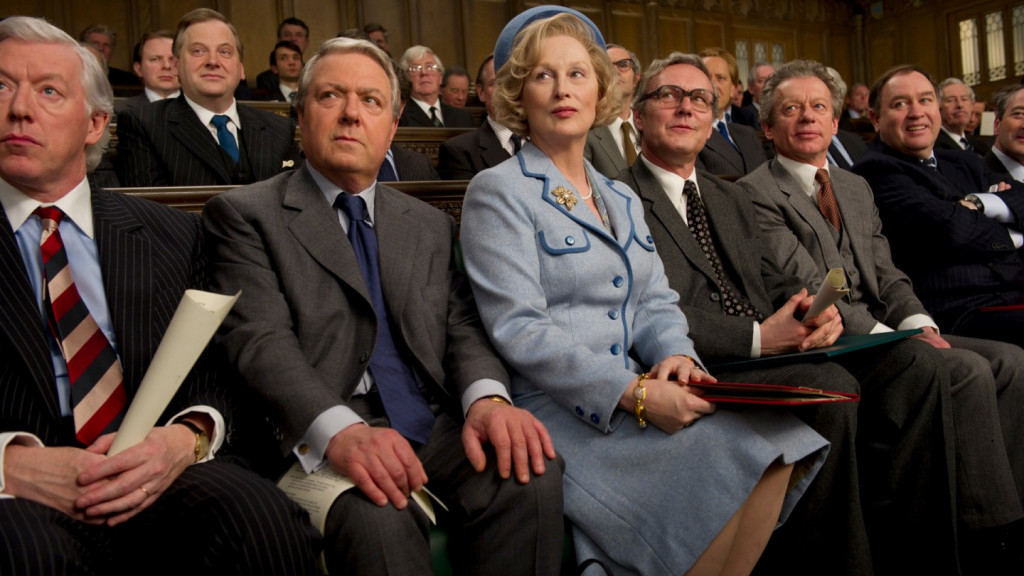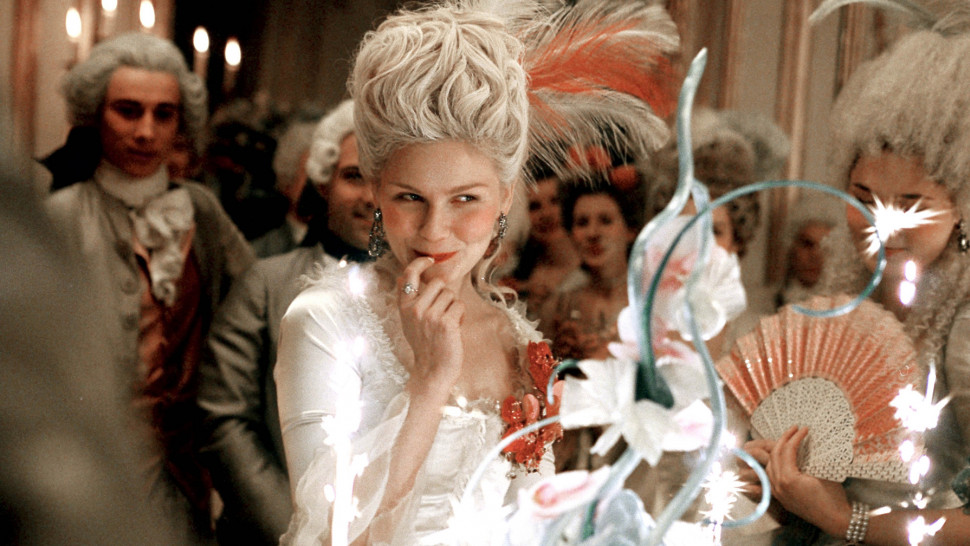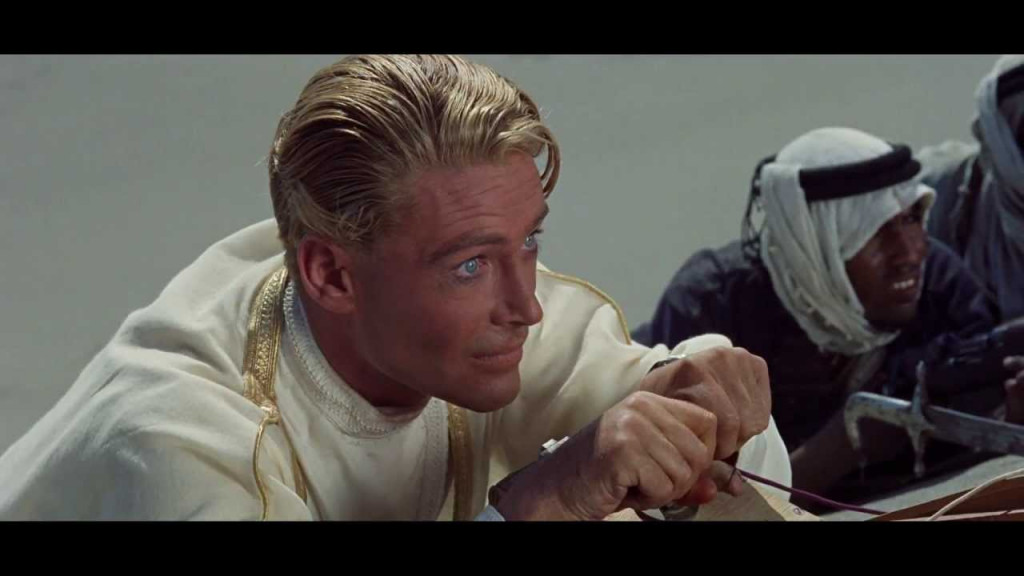We all know about the momentous meeting between ‘Elizabeth I’ and ‘Mary Queen of Scots’, where the two confronted each other, their rivalry building for years. And when Margaret Thatcher was present for the car bomb attack that killed her political ally Airey Neeve. And the infamous and destructive rivalry between Mozart and Salieri. Except…that those things never happened. Elizabeth I and Mary Queen of Scots never met, Margaret Thatcher was not present at Neeve’s death and there was no bitter rivalry between Mozart and Salieri. But these things did happen in the movies Mary Queen of Scots, The Iron Lady and Amadeus respectively. These films are all biopics, movies focusing on the life of one person, and since there have been biopics they have contained historical inaccuracies. But does it matter? Do filmmakers have a responsibility to historical accuracy or just to make a good movie?
Um Actually…

I am a history fan and a nitpicking nerd who has said on countless occasions “Um actually…” as I issue a correction to someone. To many the idea of going through movies and pointing out the errors of Ancient Rome’s senatorial politics in Spartacus is simply being a killjoy. An understanding of history is important in society, it is a way to learn and understand things in the world. For example, the great biopic Lawrence of Arabia covers, in part, the redrawing of borders in the Middle-East after World War I, creating countries by drawing lines on maps and an accurate understanding of these events would help someone understand the political history of that region for the past 100 years. Does Lawrence of Arabia help or hinder that understanding?
Silly Criticisms

Sofia Coppola’s Marie Antoinette had mixed reviews but was criticised for its historical inaccuracies, such as not portraying all of Marie’s children. However, it was also criticised for purely stylistic choices of the director, such as when a blistering review of Marie’s dozens of shoes a pair of Converse trainers are seen for a split second. Coppola was not trying to suggest Marie Antoinette had Converse shoes. Even just the poster of Napoleon caused fury as it contained the text “He came from nothing. He conquered everything.” as he did not come from nothing, being minor Corsican nobility and did not, in fact, conquer everything. I would feel that this was poetic licence and helped to contextualise the scope of his achievements.
Revising History
Movies (as well as teachers, historians etc) are constantly being accused of revisionist history, or changing it to suit their political purposes and the real and accurate history is being pushed down. The fact is there is one correct version of history. When a historian writes a book there may be many facts about dates of battles etc but they are making an argument, an interpretation, of the events. And this has been going on since there was history. Opinions on figures, like say, Oliver Cromwell have changed considerably over the centuries from his death – tyrant, liberator, religious fanatic, champion of democracy or destroyer of it, and are never a monolith. As such if we’re saying filmmakers have a responsibility to portray history accurately…surely that would mean just portraying one interpretation accurately.
But that is an argument about the subject of history and biopics are not history. Biopics are fiction, not a documentary, and they do not claim to depict history. Their goal is to tell an entertaining story. Filmmakers adapt books, TV shows, plays and more as they are entertaining stories and history is just a fertile ground for ideas as any of these.

However, even if a biopic should be seen as a work of fiction rather than history, it is undeniable that biopics have a huge impact on how history is perceived. To use the example of Lawrence of Arabia – we have a dearth of material on and about Lawrence, he wrote books, and there are many photographs and even footage but for most people that is irrelevant, they have seen the movie. Your opinion of the real historical figures of the people portrayed in the film will be deeply affected by the movie.
In conclusion…
So we come to the difficult conclusion to the question of do filmmakers have a responsibility to history when making biopics? Yes in some ways, no in others, and it probably comes down to “it depends”. Some films, like Marie Antoinette, are not made to accurately depict every aspect of their protagonist, whereas some clearly want to create the definitive version of this person. And what are we being “accurate” about…a period costume being wrong is very different to interpreting the motivations of a leader going to war. Often a lot more leeway is granted to a figure from 1000 years ago to someone who died in the 20th Century. Its hard to imagine a biopic being made now of someone like Winston Churchill, who has equally vocal supporters and critics, who is not accused of betraying history no matter what. Ultimately if we want to watch historical figures in film then we shall have to accept they will never be completely accurate.
Also Read: Will We Ever See These Celebrity Biopics?
Also Read: Straying From The Truth: The Historical Facts Disney’s ‘Pocahontas’ Overshadowed

